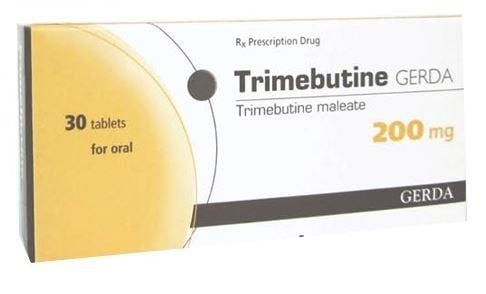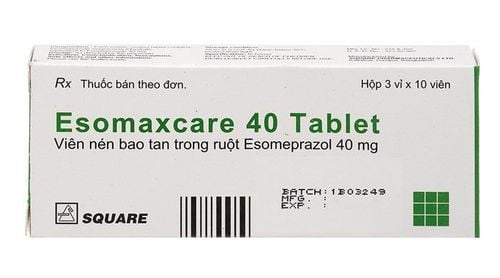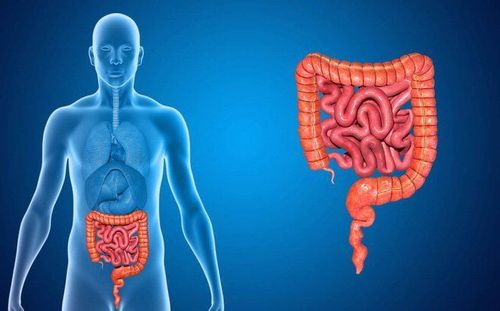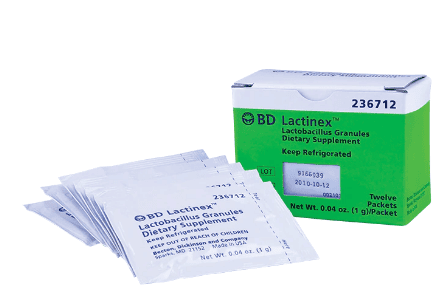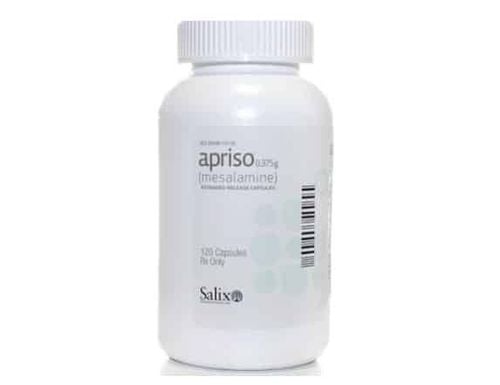This is an automatically translated article.
The article was professionally consulted by MSc Vu Tan Phuc - Gastroenterologist - Department of Medical Examination & Internal Medicine, Vinmec Phu Quoc International General Hospital. The doctor has nearly 10 years of experience in the field of gastroenterology with strengths in diagnostic and therapeutic Gastrointestinal Endoscopy.Ulcerative colitis is a long-term chronic disease caused by inflammation and ulcers in the colon. Currently, patients with colitis are treated with drugs or surgery, but there is no definitive cure. Stronger relapses can occur even after treatment. Some people turn to probiotics and prebiotics in the hope of improving the condition.
1. Probiotics and Colitis
Probiotics are live microorganisms that help good bacteria grow in your gut. Probiotics, also known as probiotics, are found in foods such as yogurt, sauerkraut, kimchi, miso (a traditional Japanese dish) and tempeh (a traditional soy-based dish) of Indonesians). Probiotics are also easily found in dietary supplements.How do probiotics help with colitis? Active probiotics create a lining in your intestines so bad bacteria don't get into the intestinal wall. Probiotics also change the ratio of bacteria in the gut and add more good bacteria to help balance the gut and reduce inflammation and help soothe intestinal irritation.
Not all probiotics are equally effective in treating colitis. Some studies have shown two specific probiotics to be effective:
The first is Escherichia coli Nissle (Mutaflor) which is a non-pathogenic strain of E. coli. That is, they will not be able to make you sick. Studies show that this strain of bacteria helps to relieve symptoms of colitis for at least a year. Another preparation called VSL
3 is a combination of eight different probiotics. Studies have shown that this preparation has helped patients with colitis in remission of symptoms for at least 24 weeks.
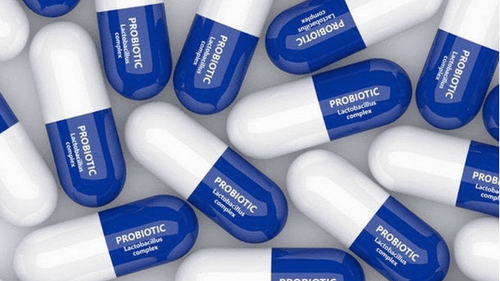
2. How to take these probiotics?
When you take probiotics to treat colitis, there are two important things you need to know:You will probably need to take them for a long time. Stomach acid has the ability to kill bacteria, good or bad. Experts recommend taking probiotics for at least 7 to 10 days to replenish the good bacteria. You need millions, millions — possibly billions of these bacteria — to help relieve the symptoms of colitis.
If you stop, the balance of bacteria in the colon will change and a new outbreak may occur. Talk to your doctor about a long-term plan for taking probiotics.
Supplementing these preparations by mouth may not be the best way. Although it may seem uncomfortable, rectal probiotics seem to work better. If you take a small daily dose of probiotics, rectal probiotics can help remove stomach acid from the intestines, allowing more good bacteria to reach the gut. But for some reason, most people find it more convenient to maintain a probiotic supplement by swallowing or chewing.
3. Prebiotics and Colitis
Prebiotics are foods that support the good bacteria in the colon. They come from the high-fiber foods you eat every day. Prebiotic fibers provide the energy needed by the cells lining your gut wall so they can build protective layers against bad bacteria.Prebiotic foods include fruits, vegetables and whole grain foods like:
Bananas Onions Garlic Leeks Asparagus Artichokes Soybean Oats Although prebiotics can help people with colitis, they are not always good for everyone. all objects. Prebiotics can make symptoms worse for people with other intestinal problems, including irritable bowel syndrome, intestinal bacterial overgrowth and intolerance. load FODMAPs (FODMAP stands for Fermentable Oligosaccharide, Disaccharide, Monosaccharide and Polyol. FODMAPs are short-chain carbohydrates (sugars) found in a lot of the foods we eat).
Side effects of probiotics or prebiotics are rare however you should discuss with your doctor before deciding to take any medication or supplement to make sure these products are right for you. .
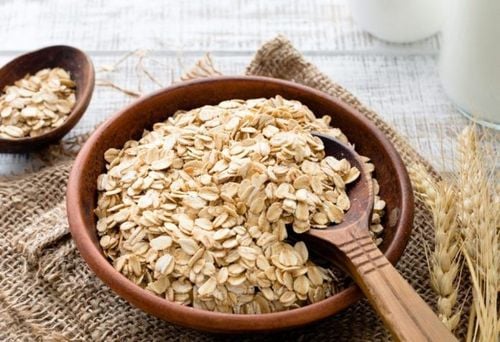
4. How does it compare to other colitis treatments?
In the treatment of colitis, the most commonly prescribed drug is mesalamine. This is a non-steroidal anti-inflammatory drug (NSAID). To date, no studies have directly compared the effectiveness of VSL3 with mesalamine, but experts suggest that the effects of probiotics on inflammatory bowel disease are similar.
5. Can Probiotics Treat Other GI Problems?
GI disease is a term used to refer to diseases related to the gastrointestinal tract, specifically diseases of the esophagus, stomach, small intestine, large intestine and rectum, and ancillary organs of the digestive tract, liver, and gallbladder. and pancreas.Studies show that probiotics help reduce symptoms of inflammatory bowel disease. Research on the effectiveness of probiotics in the treatment of people with Crohn's disease has shown mixed results. However, the current studies are small and more research is needed to determine which probiotics are actually effective in this disease. Currently, doctors do not recommend probiotics for people with Crohn's disease.

Vinmec International General Hospital is one of the leading hospitals in the country for examination, diagnosis and treatment of digestive diseases.
>> See more: Efficacy of Thiopurine monotherapy in ulcerative colitis - Post by Master, Doctor Mai Vien Phuong - Department of Medical Examination & Internal Medicine - Vinmec Central Park International General Hospital
Please dial HOTLINE for more information or register for an appointment HERE. Download MyVinmec app to make appointments faster and to manage your bookings easily.
Source: webmd.com




